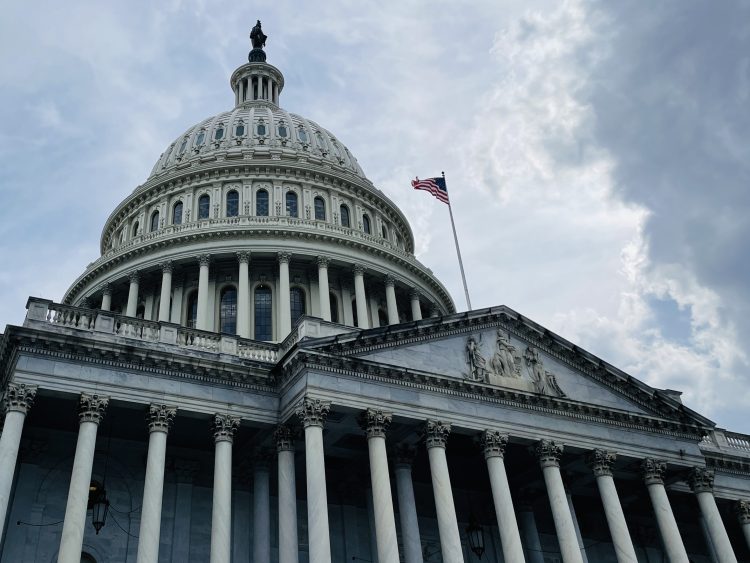The Congressional Budget Office (CBO) has told lawmakers that “mandatory” spending programs that are means-tested are expected to grow more slowly over the next 10 years than those that are not means-tested.
Mandatory programs do not require congressional approval each year. Means-testing can reduce or eliminate government benefits for recipients who are determined to have sufficient means of their own.
Many comprehensive fiscal reform programs include at least some additional means-testing.
Responding to an informational request from House Budget Chairman Tom Price, CBO said last week that its latest projections — after adjustments for the timing of certain payments — indicate that mandatory outlays for means-tested programs would grow at an average annual rate of 4.4 percent over the next decade. The comparable figure for non-means-tested programs is 5.7 percent.
Means-tested programs include Medicaid, health insurance subsidies and the Children’s Health Insurance Program. Non-means-tested programs include Social Security, most of Medicare, and civilian and military retirement programs.
Means-tested programs are also expected to grow much more slowly in the next decade than in 2007 through 2016. In contrast, projected growth for non–means-tested programs will be higher than in the last decade, which CBO attributed partly to the aging population.
External links:
Letter on Means-Testing Programs, 2016-2026 (CBO)
Continue Reading











